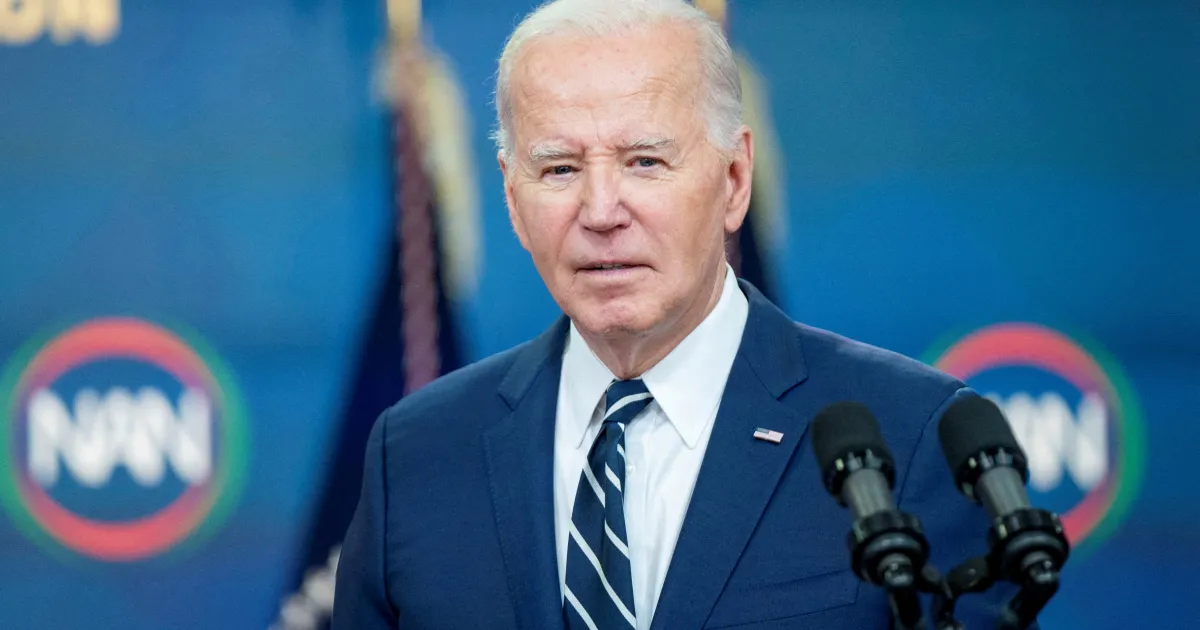On Monday, December 9, Syria’s ousted President Bashar al-Assad’s prime minister, Mohammed Jalali, announced the decision to hand power to the rebel-led Salvation Government. This development comes just a day after rebels took control of Damascus, prompting Assad to flee to Russia.
The imminent transition marks the end of a 13-year civil war and over 50 years of the Assad family’s rule. Despite a tentative return to normalcy in Damascus, uncertainty remains about the nation’s future.
Rebel forces, primarily led by Hayat Tahrir al-Sham (HTS), have taken key positions in the capital. Jalali met with leading rebel commander Ahmed al-Sharaa, also known as Abu Mohammed al-Golani, to discuss forming a transitional government. Mohamed al-Bashir, who previously headed the Salvation Government, is reportedly the nominee to lead this new authority.
Public services, including banking and oil sector operations, are set to resume, with promises of safety assurances. Rebel forces have granted amnesty to conscript soldiers, and the fall of Assad’s regime has prompted the release of thousands of political prisoners.
This power shift not only reshapes Syria’s political landscape but also impacts regional dynamics, weakening Iran and Russia’s influence while boosting Türkiye’s strategic position. The future of Russia’s military presence remains uncertain, and Israel has vowed to continue strikes to prevent weapons from falling into hostile hands.



